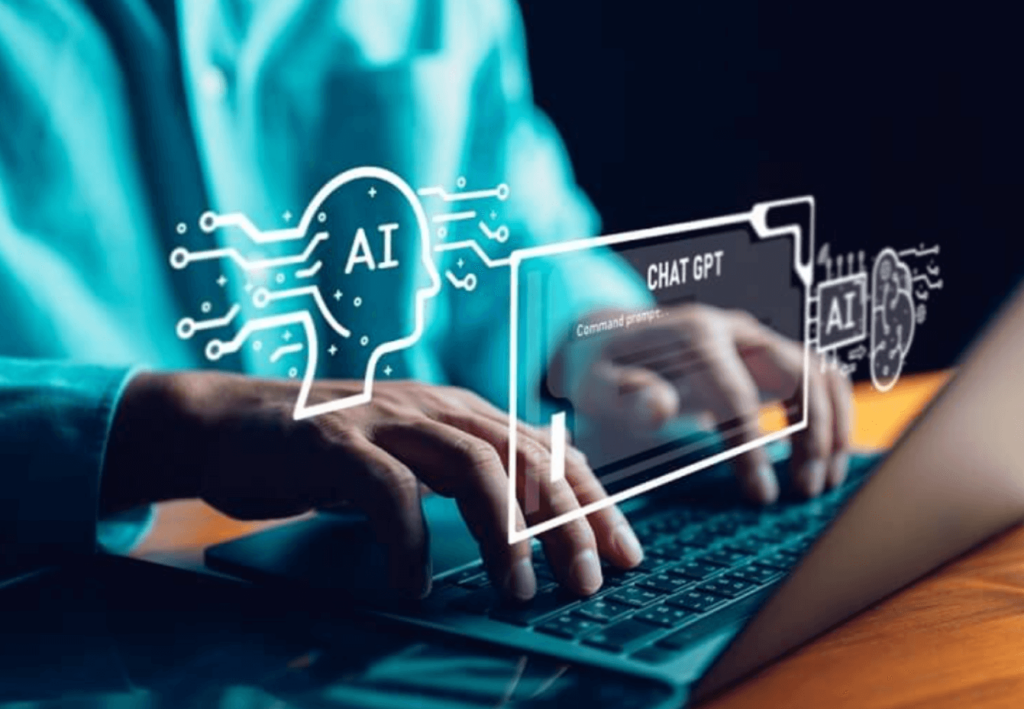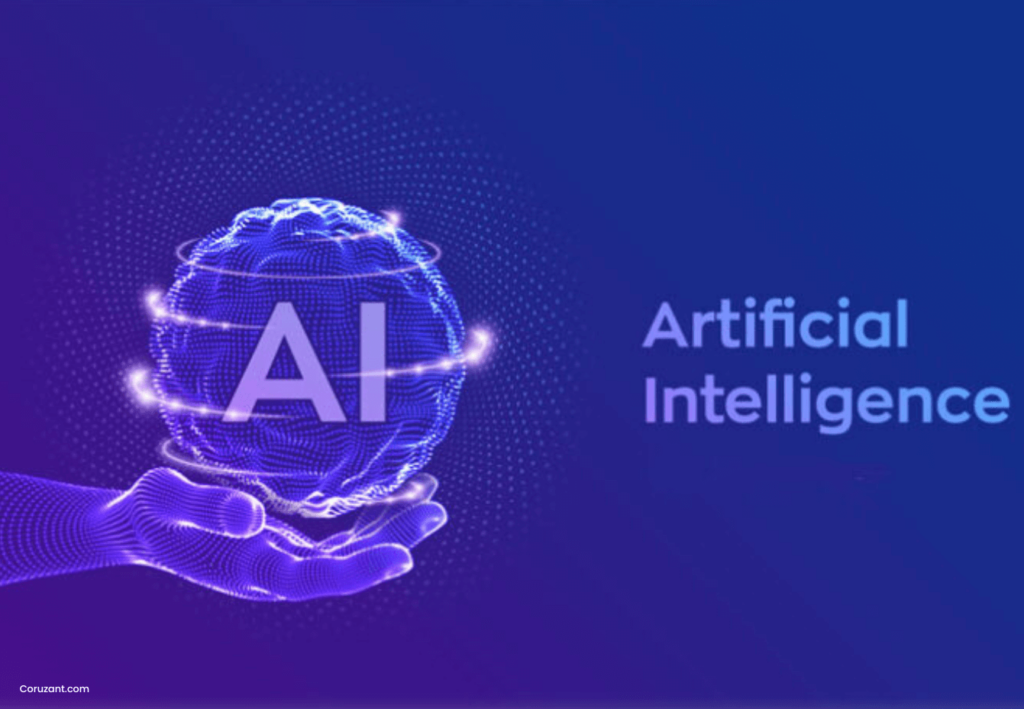Generative AI is a cutting-edge technology that uses machine learning (ML) to generate original material such as writing, images, music and even videos. This content can take the shape of text, images or even films. Last year, we witnessed a significant advancement with the release of artificial intelligence (AI) tools such as OpenAI’s ChatGPT and DALLE-2, Stability AI’s Stable Diffusion Dream Studio and D-very ID’s Creative Reality Studio, which made it more available than it had ever been before. Given the recent developments in the industry, it is no surprise that professionals are beginning to speculate about how generative AI will play a role in providing customer support in 2023 and beyond.
The potential of these models to generate individualized material for each consumer is one of the fascinating developments that generative AI is expected to bring to the field of customer service. This can include individualized emails, responses from chatbots and even video content explicitly tailored to the user. Generative AI models can develop highly targeted and relevant content that resonates with each customer by using customer data – including purchase history, browsing behavior and demographic information.
Next-generation customer relationship management
Using these models to increase the accuracy of customer care personnel is yet another prediction regarding the application of generative AI in customer service. Customer support professionals will be able to access a variety of information about each customer thanks to the usage of AI. This information will include the customer’s purchase history and previous encounters with the organization. This data will allow organizations to give responses to consumer inquiries that are more precise and efficient, ultimately leading to an improvement in the entire customer experience.
This year, generative AI models taught on code will also significantly improve. Copilot and Codex will likely incorporate reinforcement learning to be active learners and increase their accuracy. Additionally, generative AI models will automate mundane responsibilities associated with customer service departments. This can involve responding to typical customer questions and fulfilling fundamental requirements for customer service. As a result, customer support agents will have more time to concentrate on arduous and high-value duties, such as resolving client concerns and offering individualized assistance.
However, whenever a new piece of technology is developed, ethical and legal questions inevitably arise. For example, potential revenue earned by deploying generative AI in customer service is widely discussed in forecasts related to making money in business. It is imperative to ensure that these models are utilized in a way that is ethical and legal. Consumer data must be safeguarded and used responsibly.
Overall, predictions about the application of generative AI in customer service are very intriguing, and they have a great deal of potential for enhancing the quality of the customer experience. Generative AI can alter how we deal with clients by enabling the creation of tailored information, improving the accuracy of customer care personnel and automating repetitive jobs. It is essential to take business-making buzz predictions into account and pay attention to them while keeping AI’s ethical and legal aspects top of mind.
Ahmed Reza is the CEO and founder of Yobi, one of the fastest-growing AI communication apps for business, and the co-founder of TrepHub, a nonprofit dedicated to building startup ecosystems. He is a serial entrepreneur with a background in AI and software engineering.


